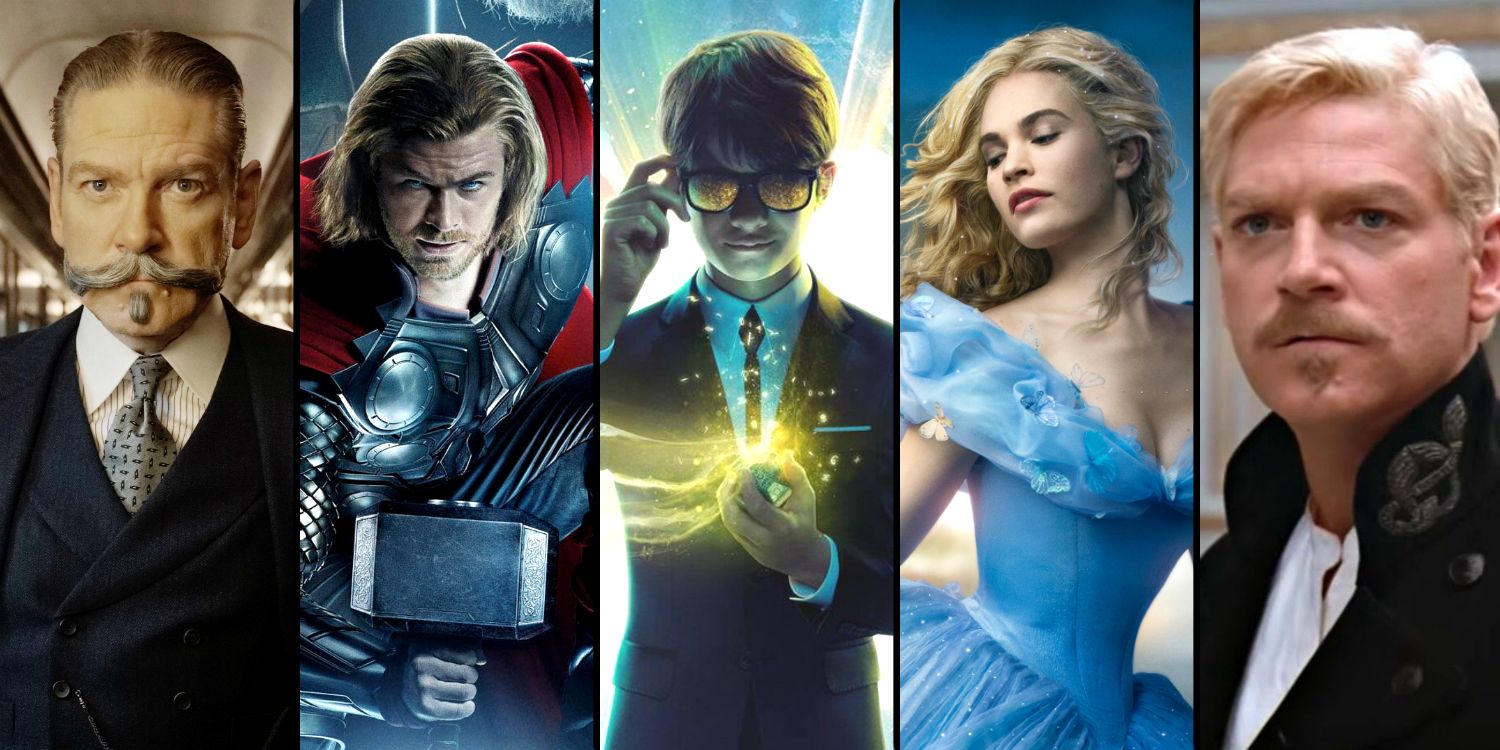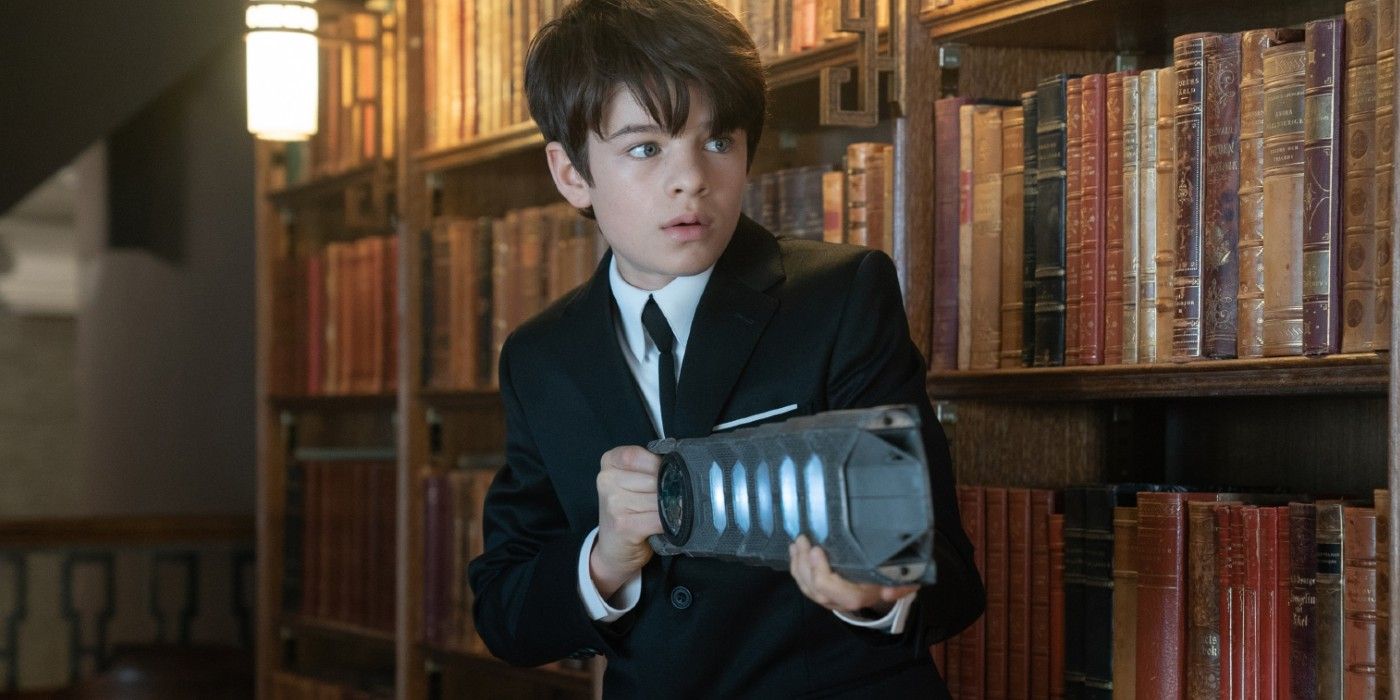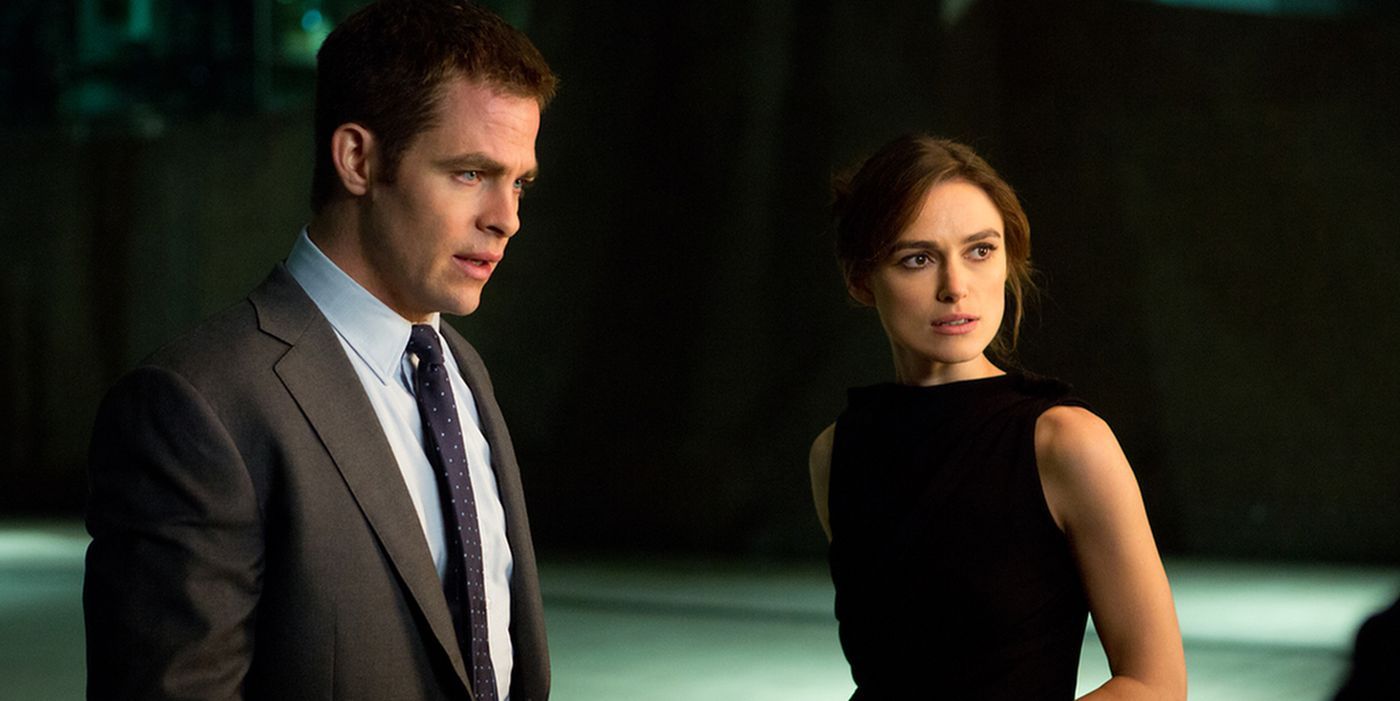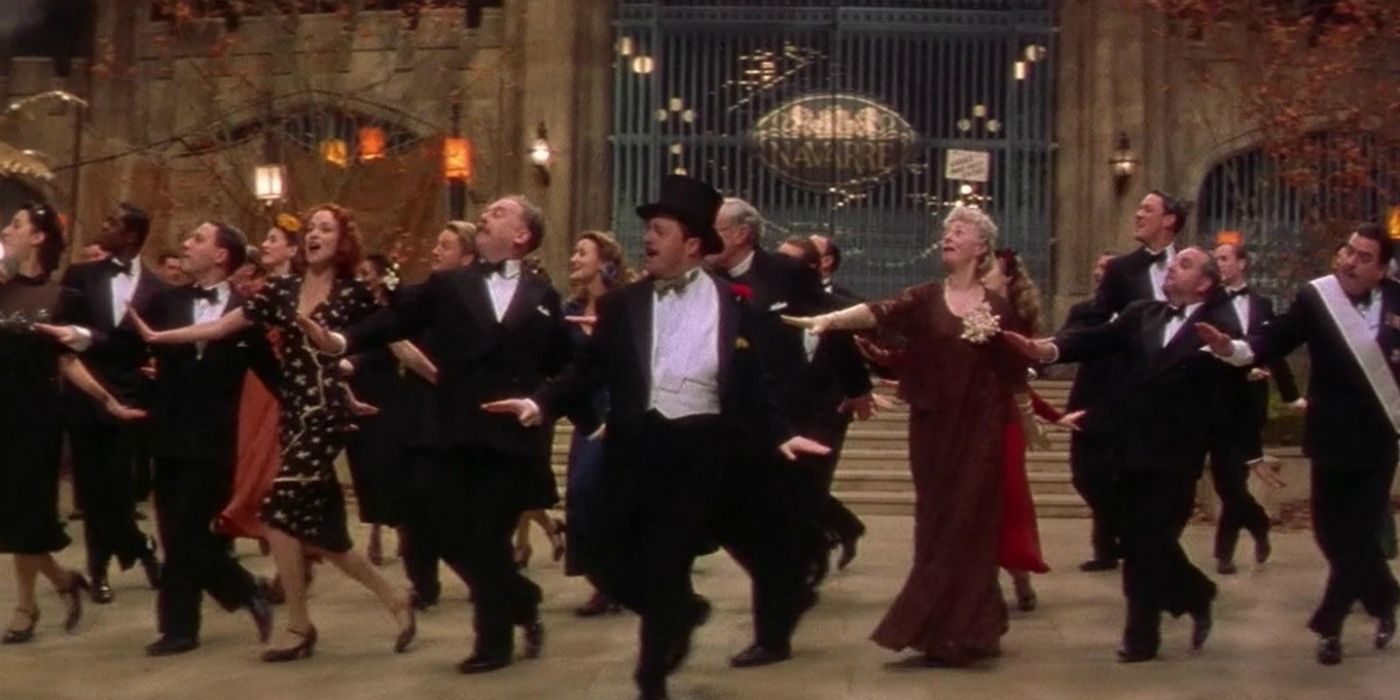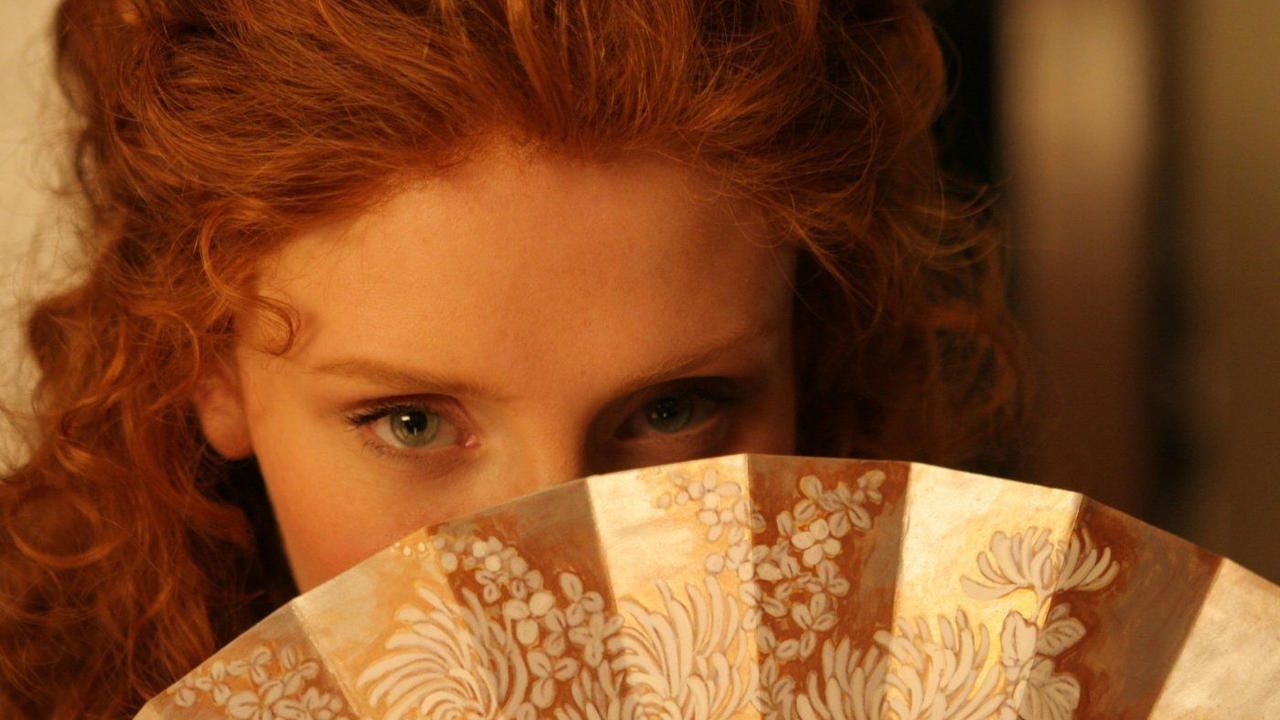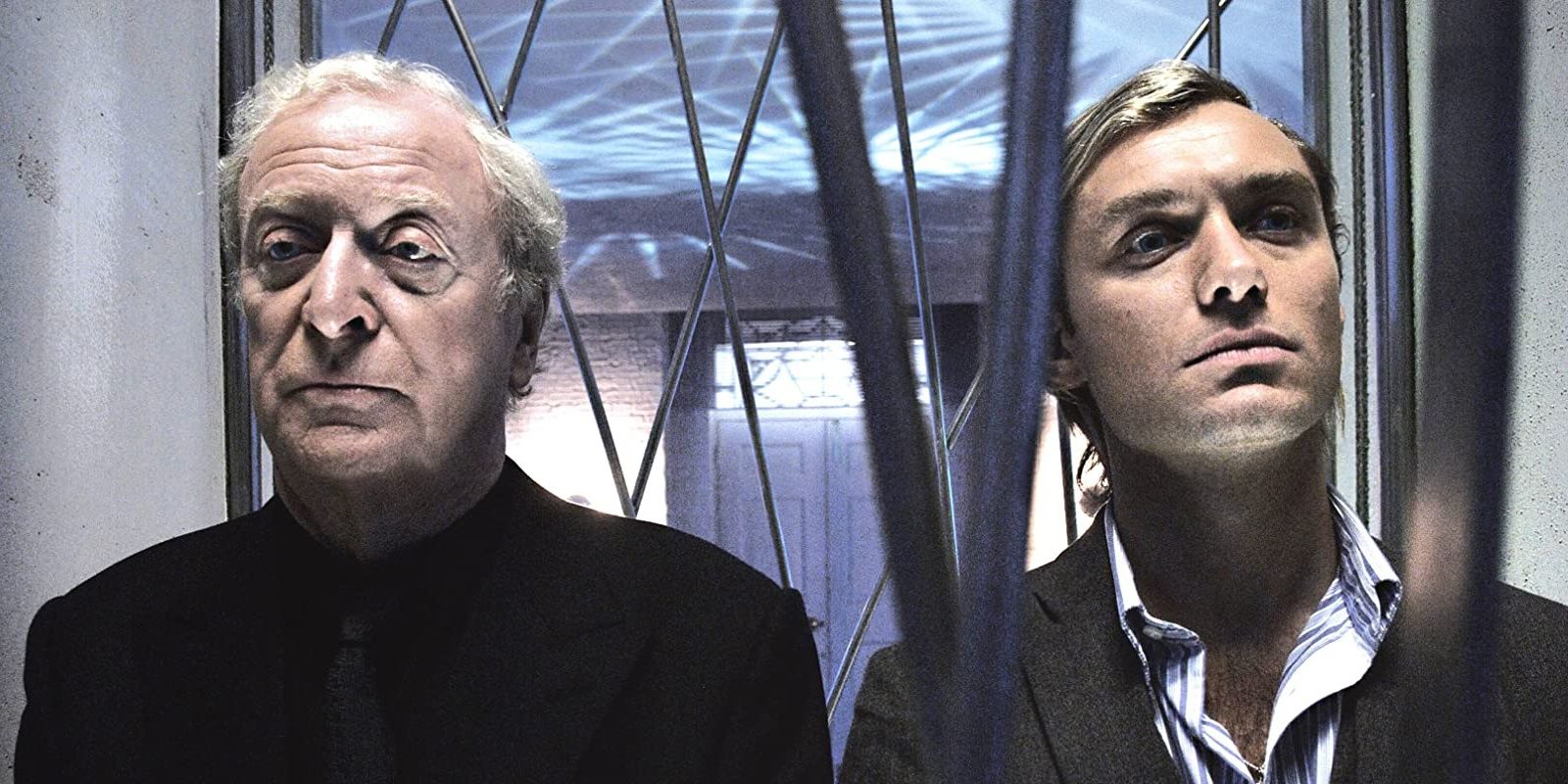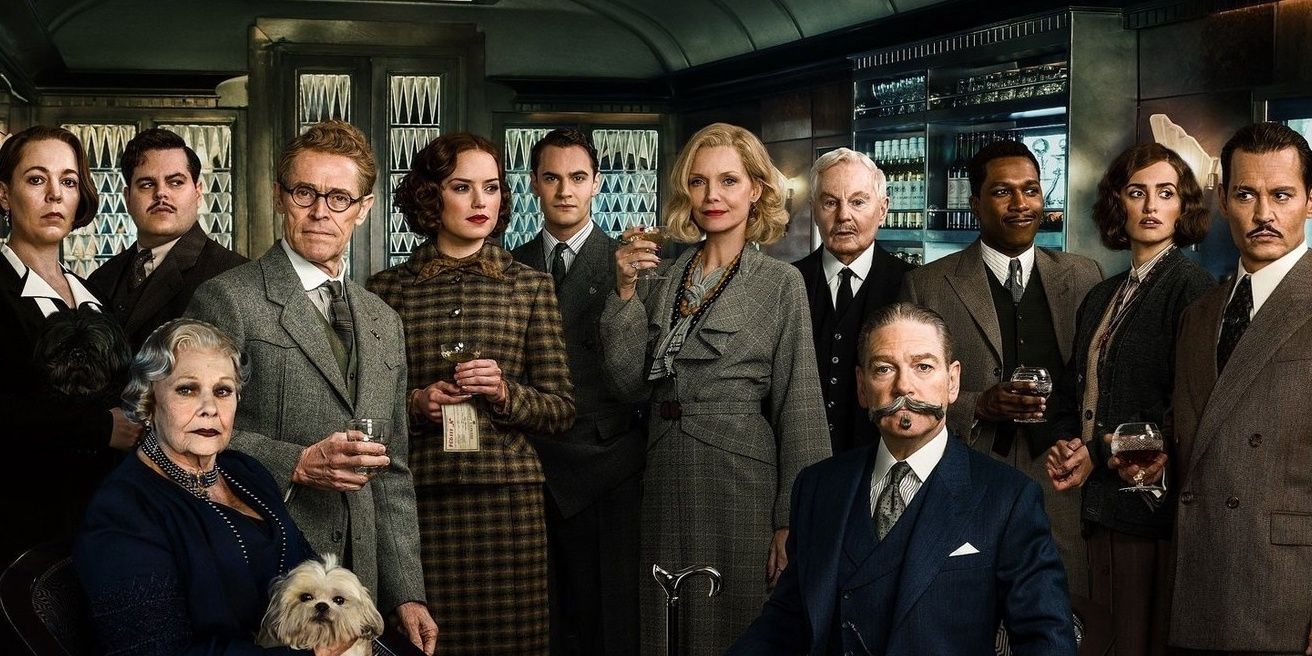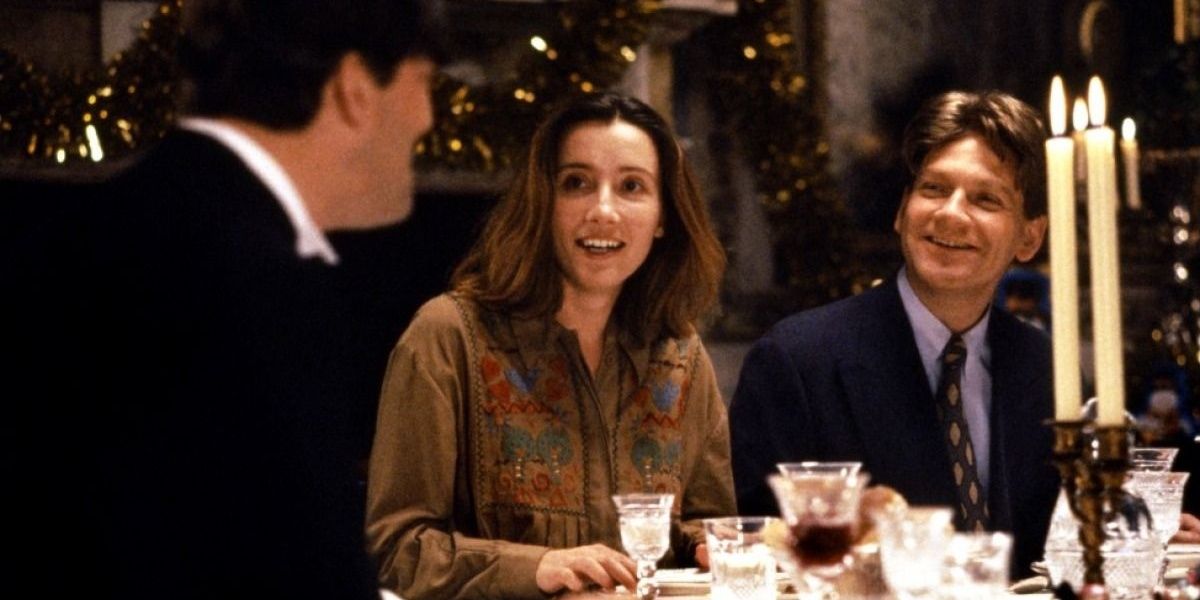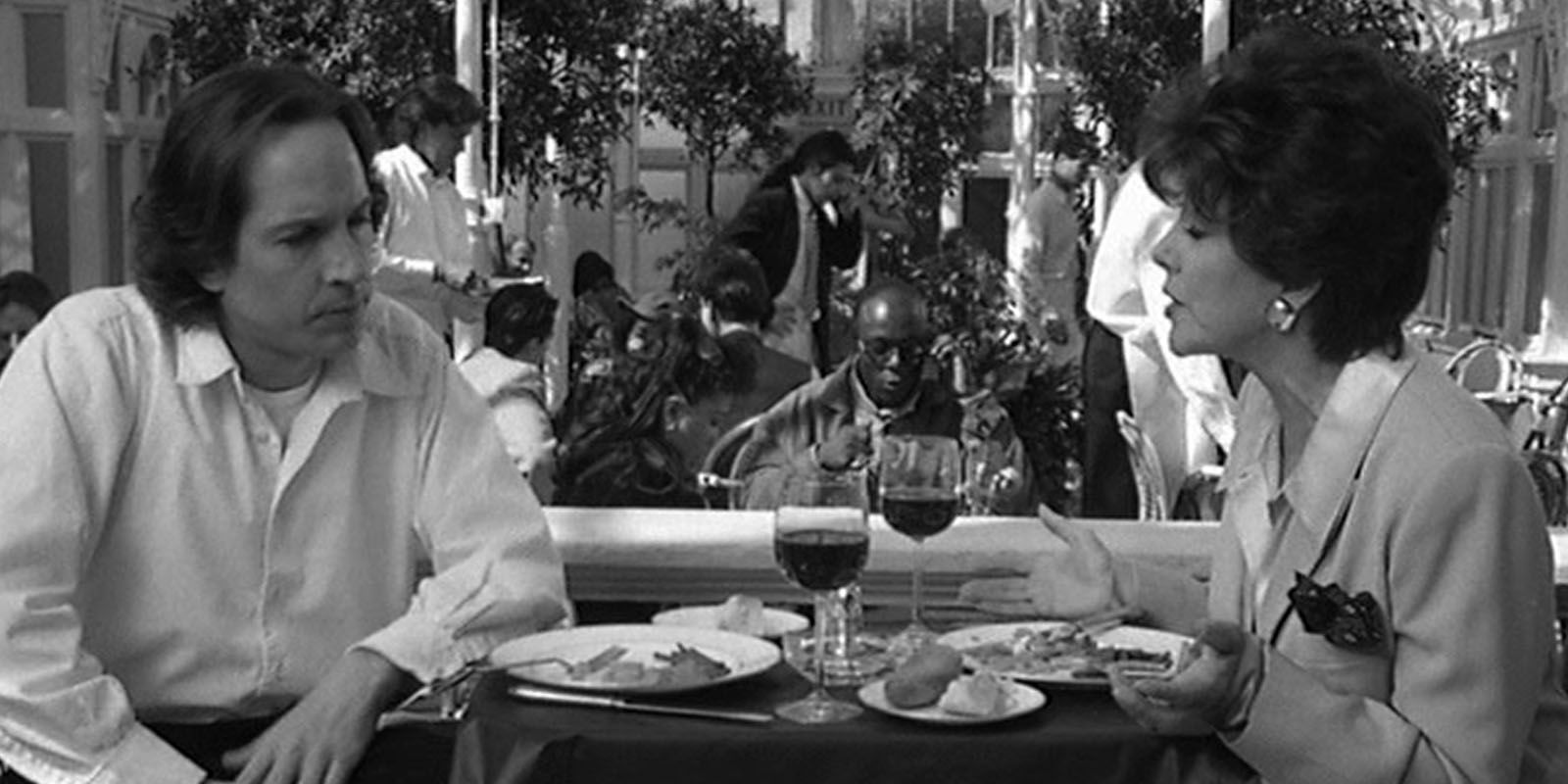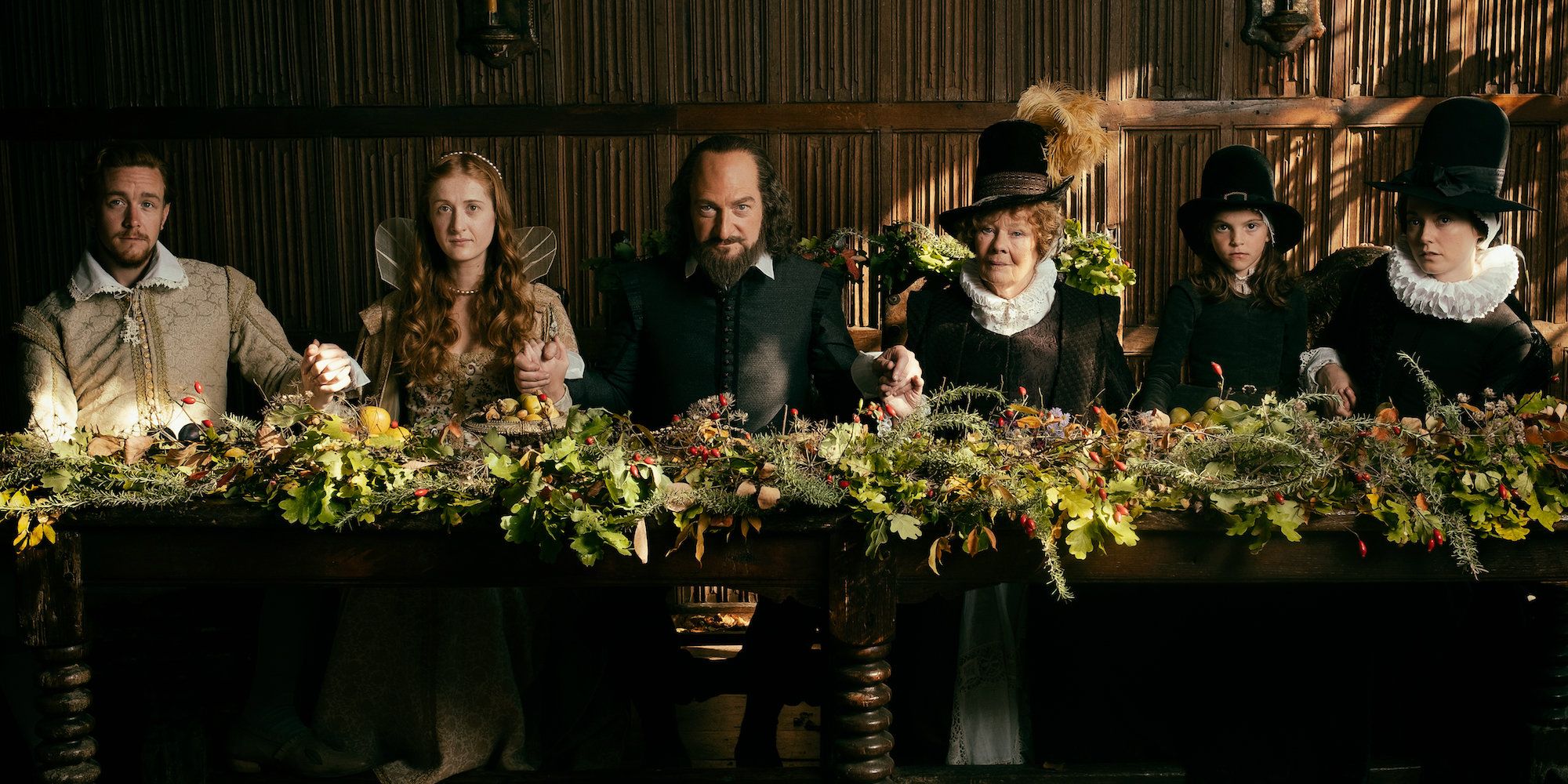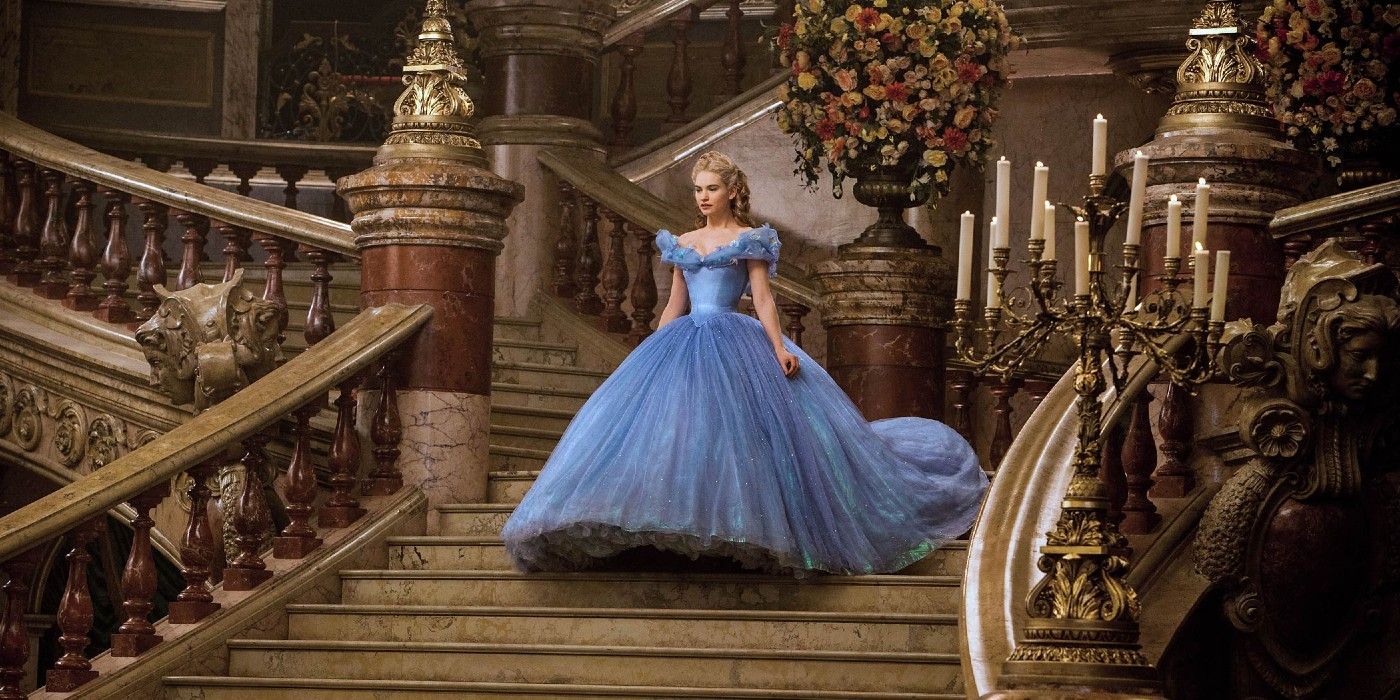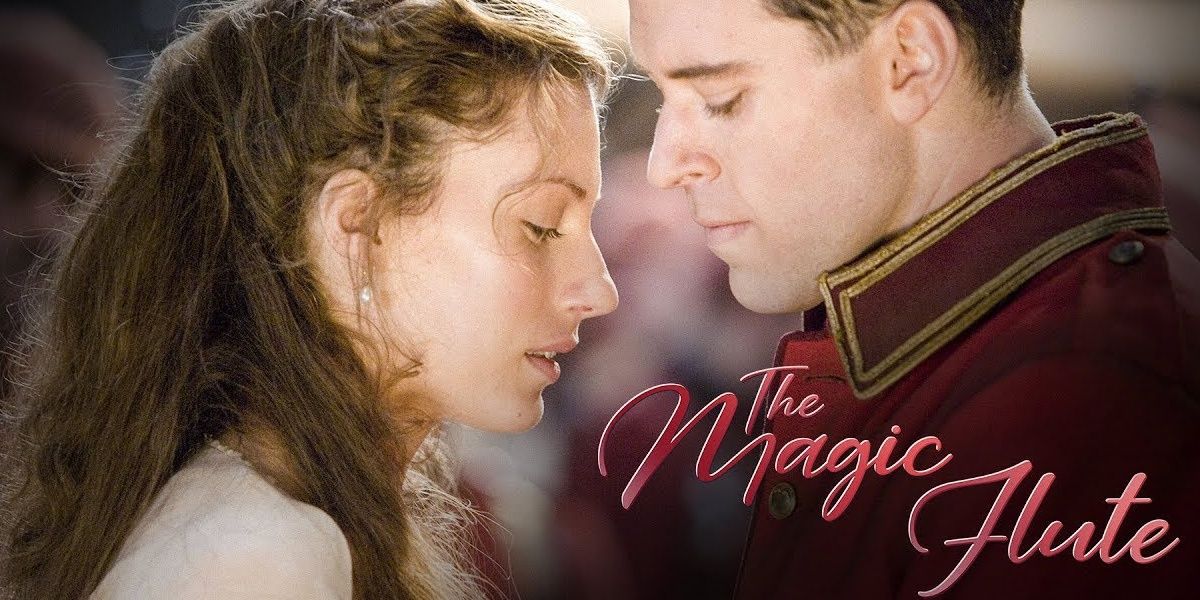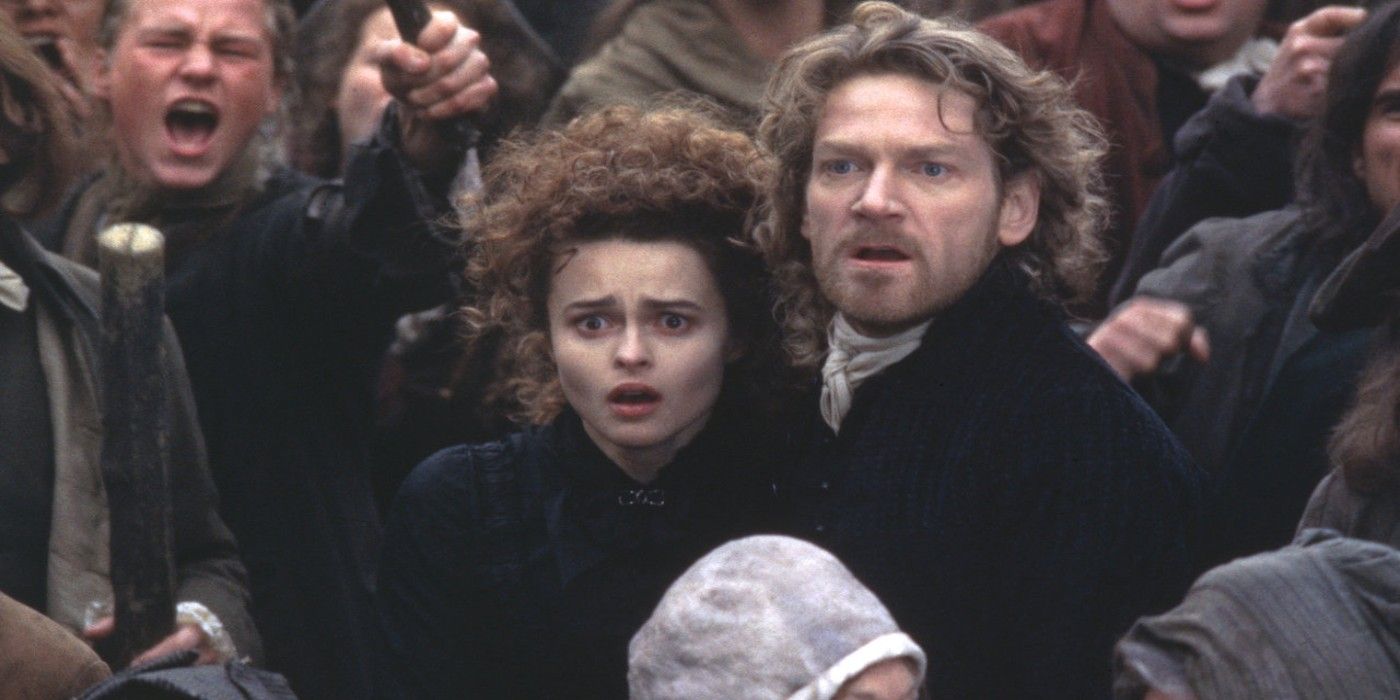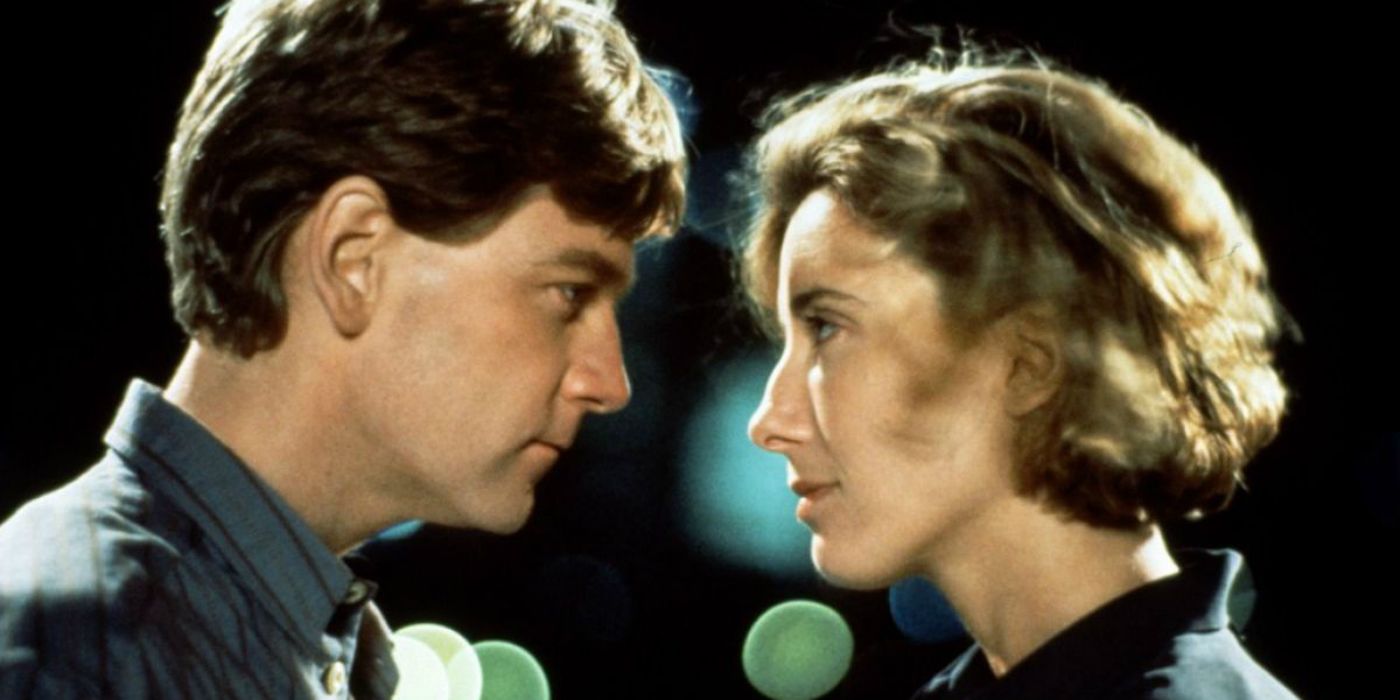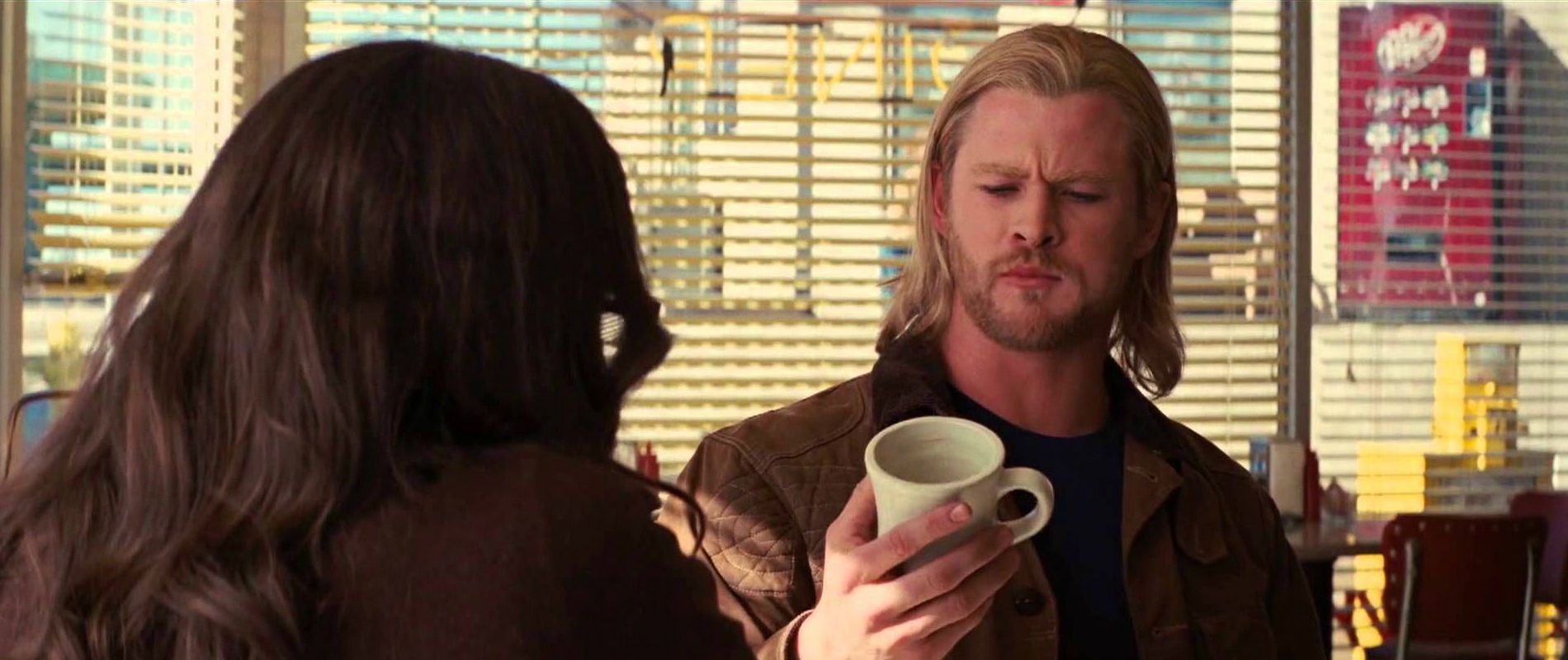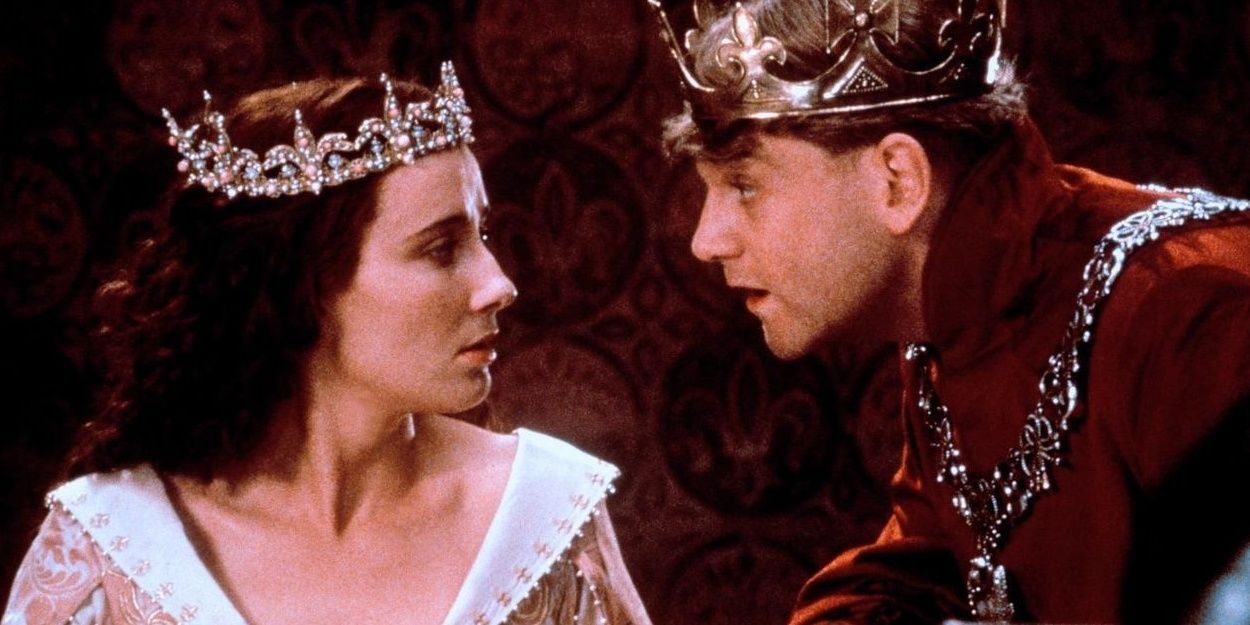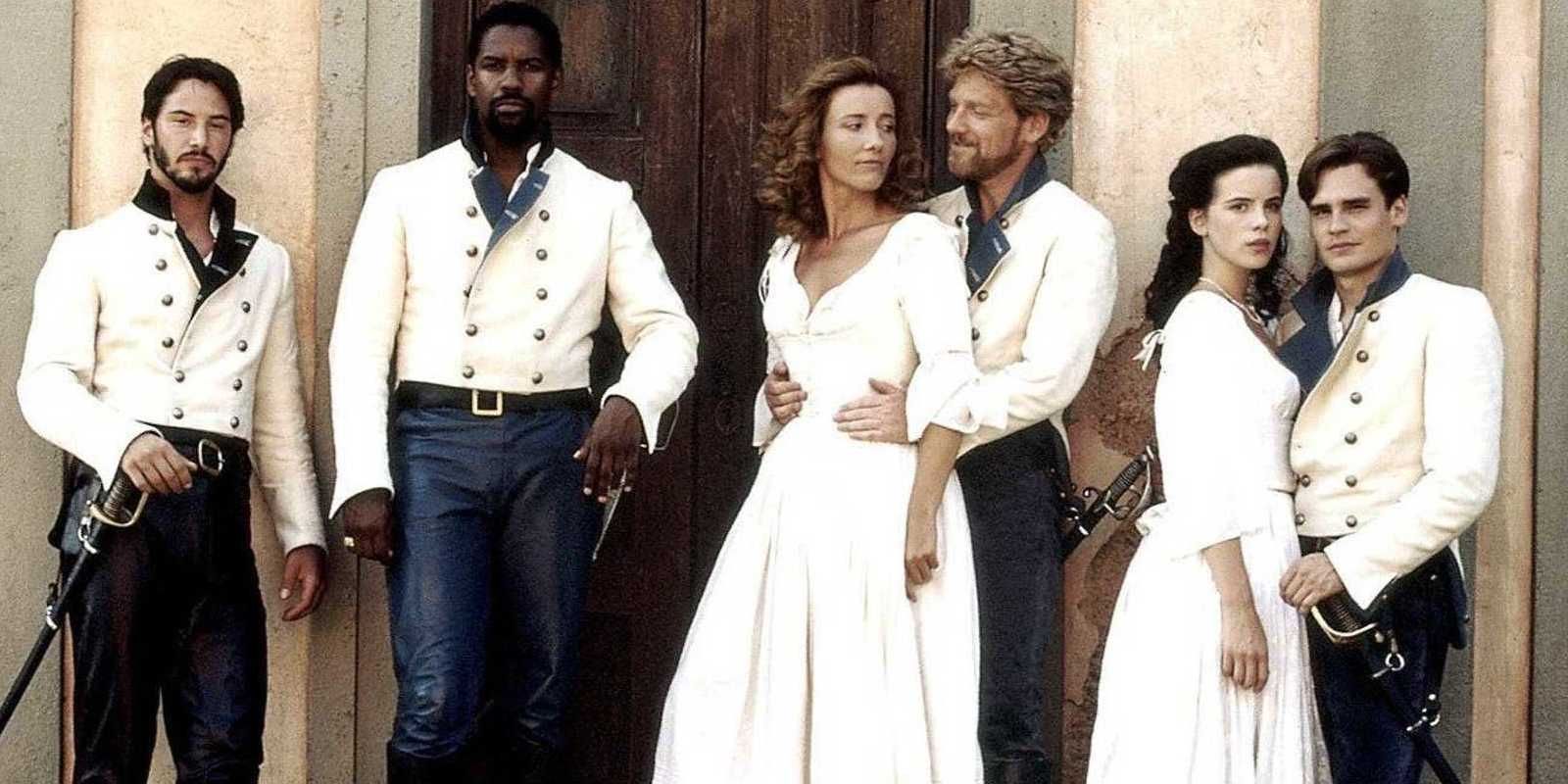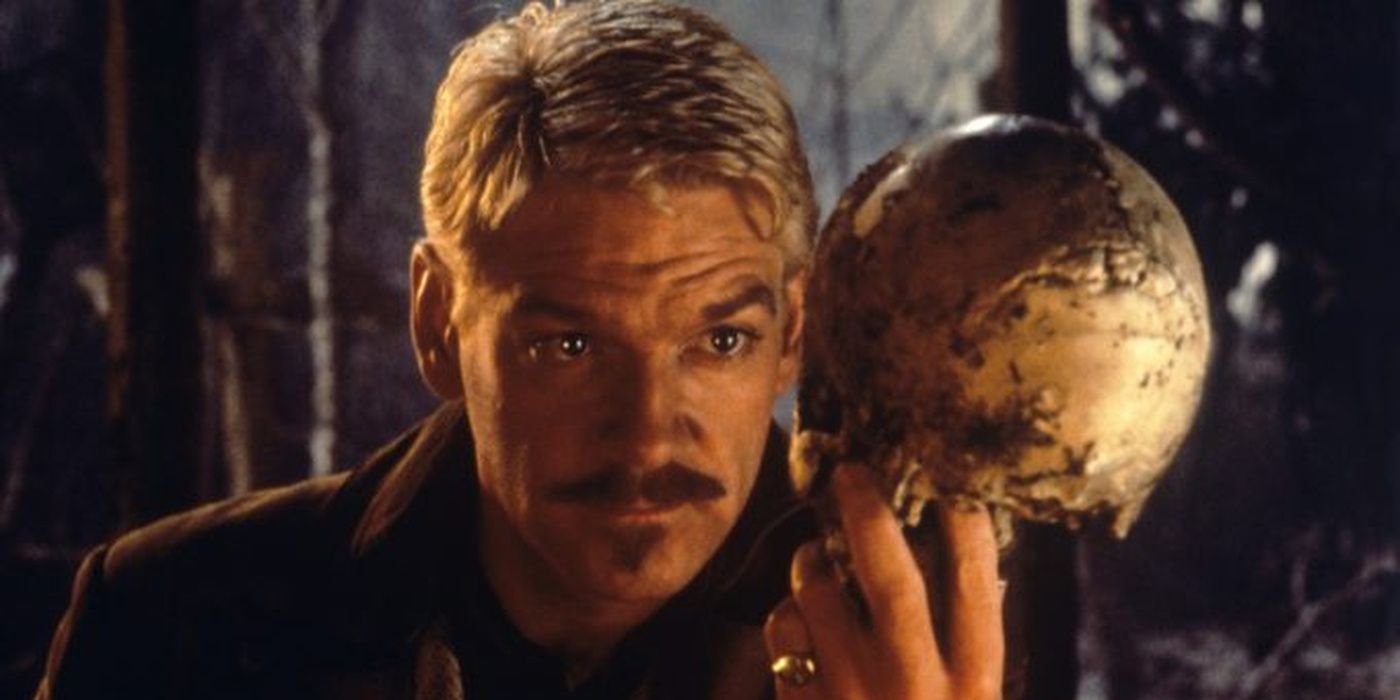Here's every Kenneth Branagh movie, including Disney+'s Artemis Fowl, ranked from worst to best. Over the 30+ year course of his directorial career, Kenneth Branagh has experienced some serious highs and lows. Before he reached the age of thirty, he was crowned as the heir to Laurence Olivier thanks to his command of Shakespeare on the stage and screen, but he faced a major public backlash for his seeming smugness and the fallout of his split from then-wife Emma Thompson.
Now, Kenneth Branagh is better known to the public for being something of an old-school studio director, the kind of familiar face who can be hired to take on big properties and profitable IPs without executives worrying that he may try to put his personal stamp all over the place. It’s a curious change of pace for the man who made his name with ambitious adaptations of some of history’s most famous plays.
Branagh's work has took him from the Bard to the MCU, murder mysteries, and Disney tentpoles. He's been both acclaimed and derided by critics, but which of his movies is his best, and how do they all stack up next to each other?
17. Artemis Fowl
It was a bad sign of things to come when the release of Kenneth Branagh’s adaptation of Eoin Colfer’s YA fantasy Artemis Fowl was delayed by a year, only to be shunted onto Disney+ rather than receive a theatrical premiere. It proved to be the right move for Disney, as this painfully inept and oddly cheap looking affair (reported budget: $125 million) was sure to be a box office flop. If you’re a fan of Colfer’s work then this Artemis Fowl is beyond insulting thanks to its decision to strip the source material of everything that made it so appealing in the first place. If you’re unfamiliar with the books then the movie won’t be much better either, as it feels dishearteningly derivative of countless other Harry Potter knockoffs and lacks a distinctive vision.
The CGI looks a decade out-of-date, the story is somehow both incomprehensibly overloaded with lore and ridiculously simple, and Artemis himself, who is a charming evil genius in the books, is reduced to a simpering hero. Then again, the film doesn’t even seem all that interested in Artemis himself since it makes the baffling choice to center most of the action on Josh Gad, who plays a tall dwarf who eats dirt and poops it out, all with the accent of a bad Sean Connery impersonator. Artemis Fowl was DOA but, if nothing else, it is yet another fascinating example of what happens when Hollywood won’t leave good source material alone.
16. Jack Ryan: Shadow Recruit
While Branagh’s evolution into a workmanlike studio director has yielded some surprising and profitable results, it’s led him to phoning it in on more than one occasion. His adaptation of Jack Ryan – the fifth in the series that also acts as a franchise reboot – isn’t necessarily a terrible film but it feels so bland and unnecessary. Chris Pine is wasted in a stock hero role and the film lacks any real sense of tension, which is a problem when you’re making a spy thriller. Shadow Recruit feels like it’s trying to be a Jason Bourne homage-slash-copycat but it misses the kinetic fire of what makes that series work. One shining light is Branagh himself, hamming it up with a semi-cartoonish Russian accent as the antagonist.
15. Love’s Labour’s Lost
Branagh made his name as a director of Shakespeare, bringing the Bard to the big screen for a new generation. By the time he got to Love's Labour's Lost in 2000, audiences had begun to turn on him and they rejected his take on the comedy in a resounding fashion. It's not hard to see why. Turning the story into a homage of 1930s Hollywood musicals by using classic songs by the likes of Cole Porter wasn't a bad idea, but Branagh didn't seem to know how to direct a musical, nor did he seem particularly concerned with whether or not his cast could sing or dance. More than anything else, Love's Labour's Lost ends up feeling awkward and sort of cringe-worthy to watch.
14. As You Like It
2006's As You Like It was Branagh's return to Shakespeare movies after Love's Labour's Lost, and it remains his last take on the Bard's plays as of 2020. While As You Like It is not as terrible as that movie, this one is mostly sort of dull, although it is visually stunning. For some reason, Branagh moved the setting to late-19th-century Japan and it is certainly unique but it doesn't make much sense or add anything to the story. A strong cast save this one, with David Oyelowo and Romola Garai in particular showing some impressive control over the tricky language of Shakespeare. As You Like It is not a disaster but it's also too forgettable to really care about.
13. Sleuth
The 1972 film Sleuth, starring Michael Caine and Laurence Olivier, is considered something of a classic, so Branagh's choice to remake it was always going to be controversial. Caine returned this time round to play the older male part, while Jude Law replaced him in the younger role, and the legendary Harold Pinter adapted the play by Anthony Shaffer. While the 2007 Sleuth certainly swings for the fences and allows its two actors to chew at the scenery as if their lives depend on it, it lacks the layers and subtleties that made the source material so memorable. It's much more coarse and blunt in its verbal sparring, which at least differentiates it from the original, but you can't help but wonder why they did so when the point of the story was the deceptively quiet nature of that cat and mouse war.
12. Murder on the Orient Express
Sometimes, you just need a good old-fashioned murder mystery, and Branagh delivers on that promise with his take on a mystery classic from the legendary Agatha Christie. With a starry ensemble on hand, Branagh Given how many times this story has been told, Branagh's Murder on the Orient Express cannot help but feel unnecessary, as enjoyable as it is. This one is at least a fun and stylish affair and it's always fun to watch so many major actors gnaw at the scenery together. Branagh cast himself, of course, as Detective Poirot and gave himself a mustache he must have sheared straight from the face of the Lorax! A sequel, Death on the Nile, is planned for October 2020.
11. Peter’s Friends
Branagh gathered together some of his industry friends for this comedy about a group of university pals who reunite to spend New Year's together -- Stephen Fry, Hugh Laurie, Emma Thompson, and Tony Slattery, among others. While Peter’s Friends does benefit from this lived-in chemistry among real-life collaborators and it’s often extremely funny, it can’t help but all be a bit too luvvie-ish in the long run, something that turned a lot of people against Branagh in the ‘90s.
10. In the Bleak Midwinter
Three years after Peter’s Friends, Branagh was at a career-low and dealing with the public fallout of having split with wife Emma Thompson in favor of Helena Bonham Carter. His creative response was to write a comedy, similar to Peter’s Friends, about a neurotic actor who mounts a shoddy Shakespeare production with a bunch of questionable talents. In the Bleak Midwinter beats Peter’s Friends in a number of key ways: One, Branagh doesn’t play his self-insert, which allows him to be a lot meaner about himself, and two, the stakes are far lower so everyone involved seems more relaxed and willing to just go with the flow.
9. All Is True
A sleeper title that released to little fanfare in 2018, All is True cannot help but feel like a meta-examination of Branagh’s own career. It only feels right that the actor-director makes a movie about the twilight years of Shakespeare after having spent decades being defined by the playwright. It's an understated and elegiac movie - a refreshing change of pace given Branagh's status as a proud ham - and it packs a real emotional punch that one would not expect from such a muted approach to what could have been deeply saccharine.
8. Cinderella
Although Disney’s live-action remakes of its animated classics may have provided them with a consistently high cash flow over the past few years, they've never exactly won over the critics. Cinderella doesn’t break the mold or do anything especially riveting with the source material but Branagh overloads this simple story with charm, lavish production and costume design, and provides the always-helpful addition of Cate Blanchett in full villain mode. It’s very much the work of a studio hand getting the job done for a corporation but the end result remains remarkably pleasant.
7. The Magic Flute
Cinematic adaptations of opera are rare for a reason. Capturing the particular magic and intensity of the medium on the screen is easier said than done, as is getting general audiences to care about something as tough to embrace as all that singing and grandeur. Branagh’s take on a Mozart classic is extremely trippy in a manner that evokes the work of Ken Russell more than Ingmar Bergman's cinematic take on the same material. Moving the action to World War I, this version of The Magic Flute is part wacky fairy-tale, part hallucinogenic war drama. A lot of it does not work but what does work is exuberant and flamboyant in a thrilling way.
6. Mary Shelley’s Frankenstein
Upon release, Branagh’s take on Frankenstein was considered such a disaster that many thought it would end his career. In retrospect, that’s a bit harsh but it remains a tricky film to pin down. It occupies that strange space on the spectrum of somehow being simultaneously awful and amazing. While a lot of the casting is flat-out inexplicable – Robert De Niro as the monster makes no sense and it’s also a terrible performance – Branagh nails the strange, feverish intensity of the novel, as well as the obsession of Frankenstein himself. The dizzying tragedy of his folly is conveyed with such agonizing earnestness that you can’t help but be won over by it, even when the movie gets very silly (Branagh spends a lot of time with his shirt off, showing off his six-pack, which didn’t help claims that the movie was a big ego trip for him). Still, Mary Shelley’s Frankenstein may be Branagh’s most misunderstood title.
5. Dead Again
After storming into the spotlight with his directorial debut, Henry V, Branagh made a creative U-turn with Dead Again, a homage to 1940s Hollywood noir that wears its Hitchcockian influences on its sleeve. While the premise is knowingly ridiculous, the film succeeds through sheer force of skill. Branagh is definitely showing off here -- it was his second film and his follow-up to a multi-Oscar nominee - but he has the talent to back it up and keep this often bonkers narrative on the rails until its climax. It also helps that Dead Again is just a hell of a lot of fun.
4. Thor
It seemed like the sign of a major sell-out when Branagh of all directors signed on to make a superhero movie about a second-tier Marvel character that few people had any hopes of being a hit. Of course, history has proven everyone wrong there, and Thor remains a delightful piece of popcorn entertainment. Branagh’s talent in directing actors helps to bring Thor to life, in large part thanks to the goofy hunk charm of Chris Hemsworth and the scene-stealing villainy of Tom Hiddleston. It’s not hard to see how the success of this unexpected hit helped give the burgeoning Marvel Studios the courage to move forward with their grand plans.
3. Henry V
At the age of 29, Kenneth Branagh made his cinematic debut as a writer-director, as well as his own leading man, and did it in opulent style by taking on the might of Shakespeare's Henry V. The film's success saw him labeled as the next Olivier, which would end up being both a gift and a curse for Branagh. The adaptation itself is expertly done, incorporating elements of both parts of Henry IV for maximum impact, and Branagh's decision to step away from the stagey style of many dramatic adaptations in favor of grimy realism brings real force to material that remains tough for many casual viewers. Henry V is a stirring drama that reminds us that Shakespeare’s power is timeless.
2. Much Ado About Nothing
While his Henry V may be a more lavish and prestigious affair, Branagh's work as a director has never been as blissful or as inviting as it was when he made the Shakespearean comedy Much Ado About Nothing. He has a great handle of the source material and its jokes, and practically every scene wherein Beatrice and Benedick verbally spar and see their fiery interactions evolve into love is a pure joy to watch (it helps that he and then-wife Emma Thompson play the roles and pour every ounce of their romantic and creative chemistry into their on-screen relationship). Out of all of Branagh’s movies, Much Ado About Nothing is his most rewatchable.
1. Hamlet
It is only fitting that Branagh's best film is his most ambitious. Taking on the might of Hamlet, one of Shakespeare's most famous and difficult texts, was a feat unto itself, and Branagh didn't make things easy for himself. His adaptation is 242 minutes long - the first adaptation of the complete original text with no cuts - and shot on 70 mm film, the last major studio picture to receive such an honor until 2012's The Master. Practically every role in this film, and there are many, is played by a major actor. It shouldn't work. It should be a bloated folly, and yet it may be one of the best Shakespeare movies ever made, right up there with Akira Kurosawa's Ran. Branagh's Hamlet certainly trumps Olivier's, in large part thanks to its savvy contextualizing of both the play's royal politics and Hamlet's relationship with Ophelia. It’s lavish and all-consuming and thrilling and the best of what the Bard can do on the big screen.

